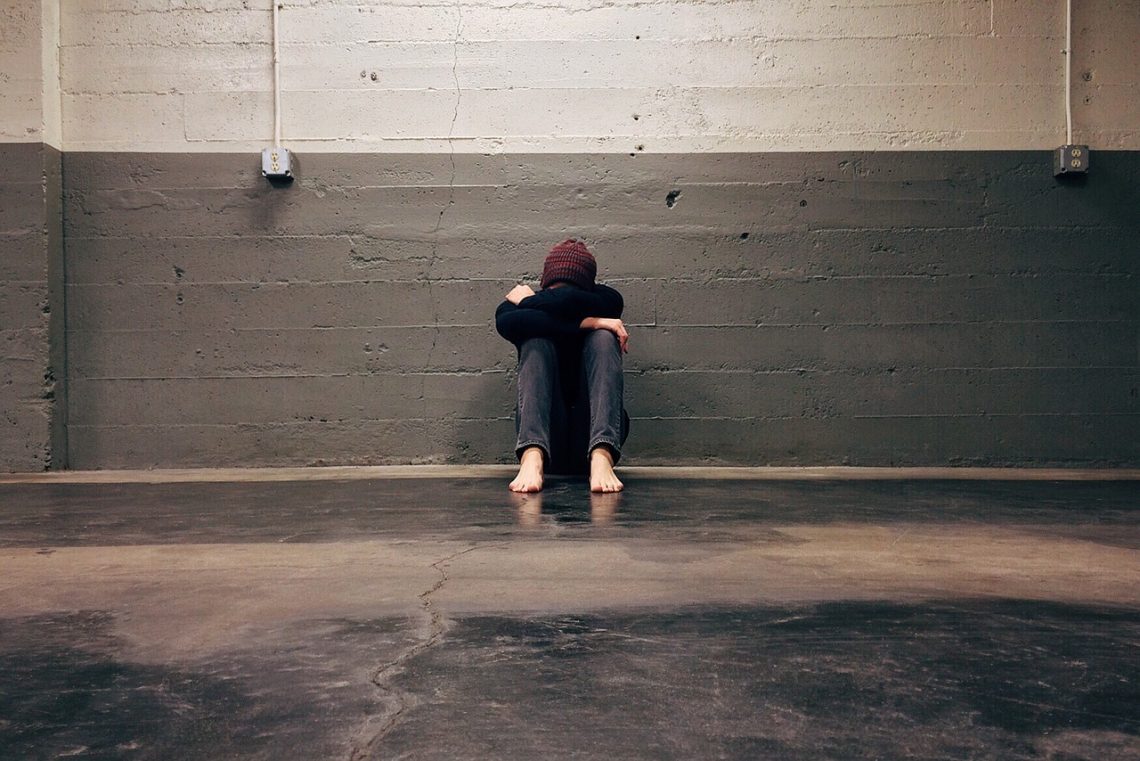Much peer pressure, authoritarian influences and parental hopes and aspirations are forced on pupils in educational institutions today under many circumstances. The teenage population, as far as I can understand it is confused on many occasions in terms of expectations of society.
On the whole, cognitive sets on how to behave and to express themselves to gain praise, friendship and the basics, as described in Maslows Hierarcy are developed mainly in these educational institutions.
Primary Schools these days are now given a free hand, at the teachers discretion, in what the curriculum should be and this is unfair on many counts. The influencing factors in gaining the best education are increased numerously under these circumstances and more and more depends on personality and lingual skills which does not necessarily reflect intelligence.
Hence, bullying often occurs more often.
The definition of bullying has to include ‘over a period of time’ and has included in it a ‘bully’ and ‘victim’. Bullying can take serious hold of certain individuals especially if their unaware of how to deal with certain aspects of socialisation, both on the part of the bully and victim. Circumstances can escalate and spiral out of control unless dealt with effectively, as happens in most schools at the present time.
Very often a Child Protection person is allocated in an educational establishment who has close contact with outside agencies and who has exceptional communication skills and also listening skills to deal with these exceptional circumstances.
Different policies are adopted in schools on thus sensitive issue of bullying, which involves all appointed staff who have to complete training which heightens awareness to certain
Maclure, J. S. (1994). Bullying In Four Scottish Primary Schools. Abebooks: Aberdeen University


Comments by julie.maclure@btinternet.com